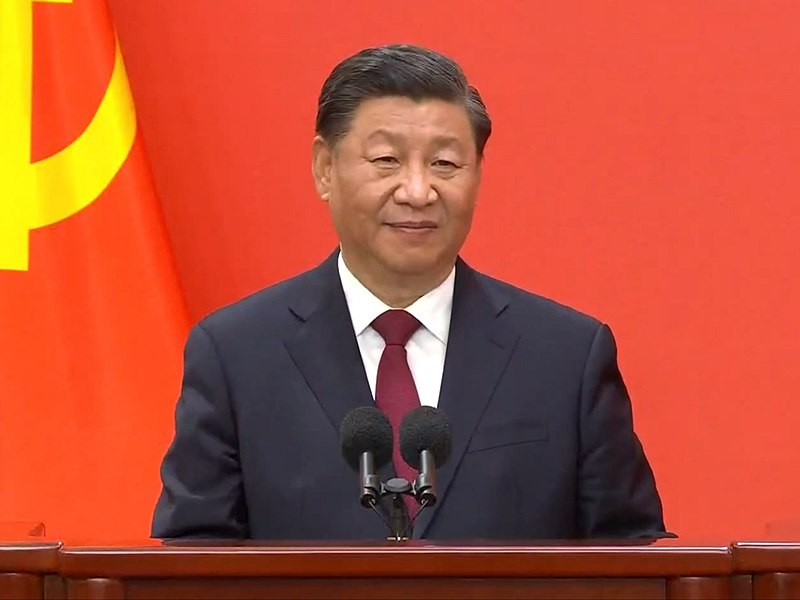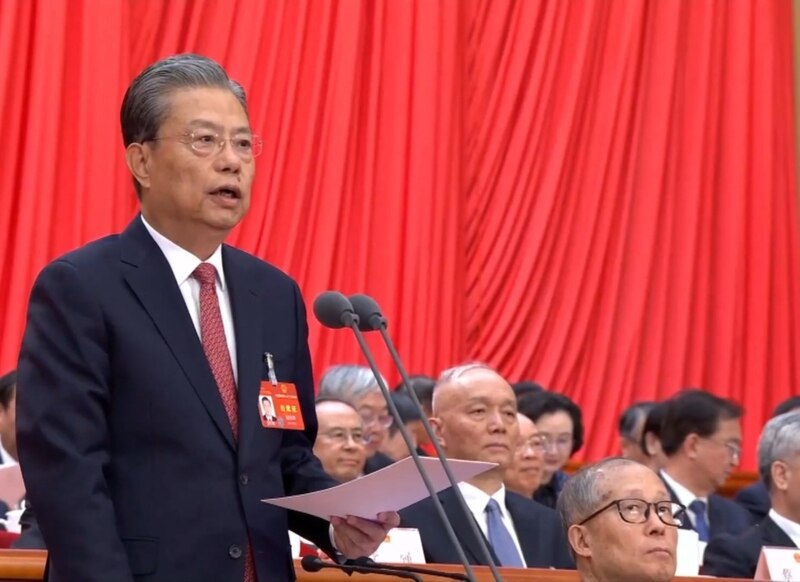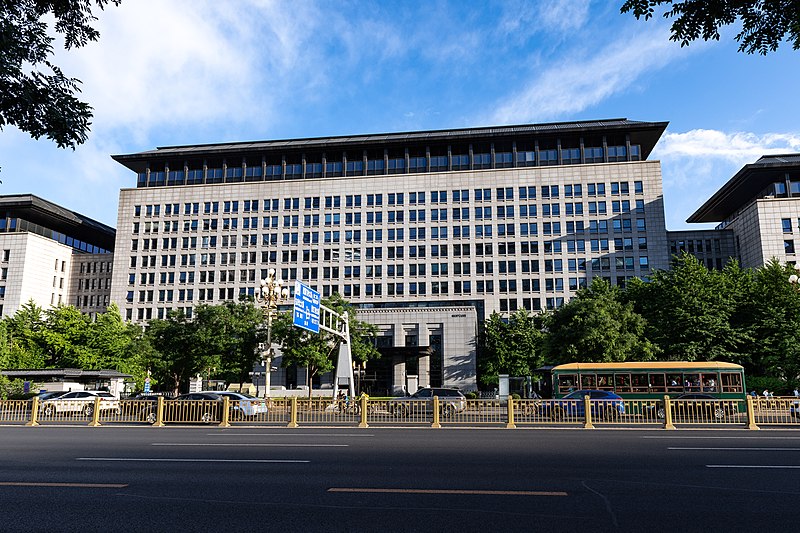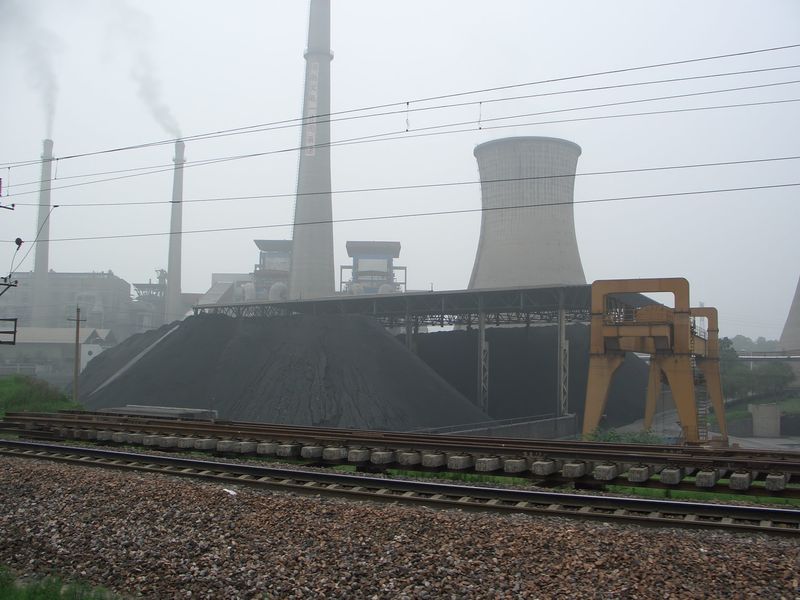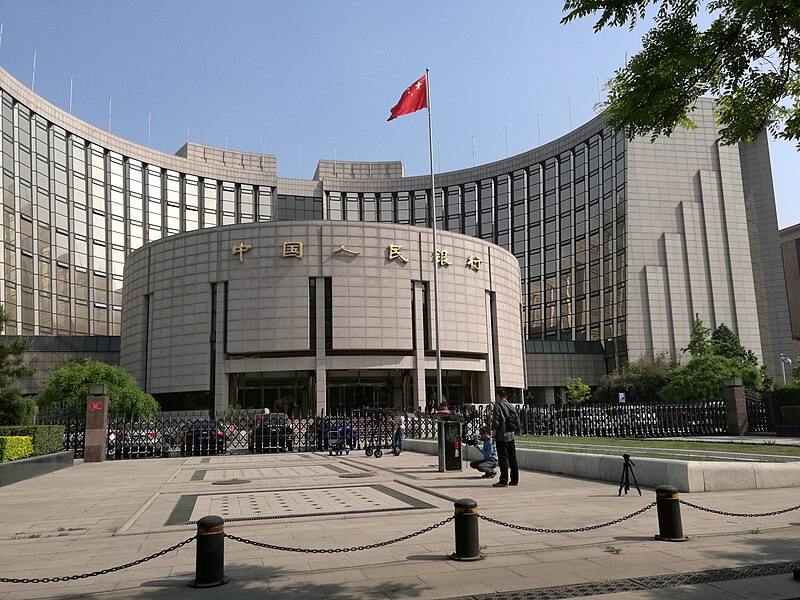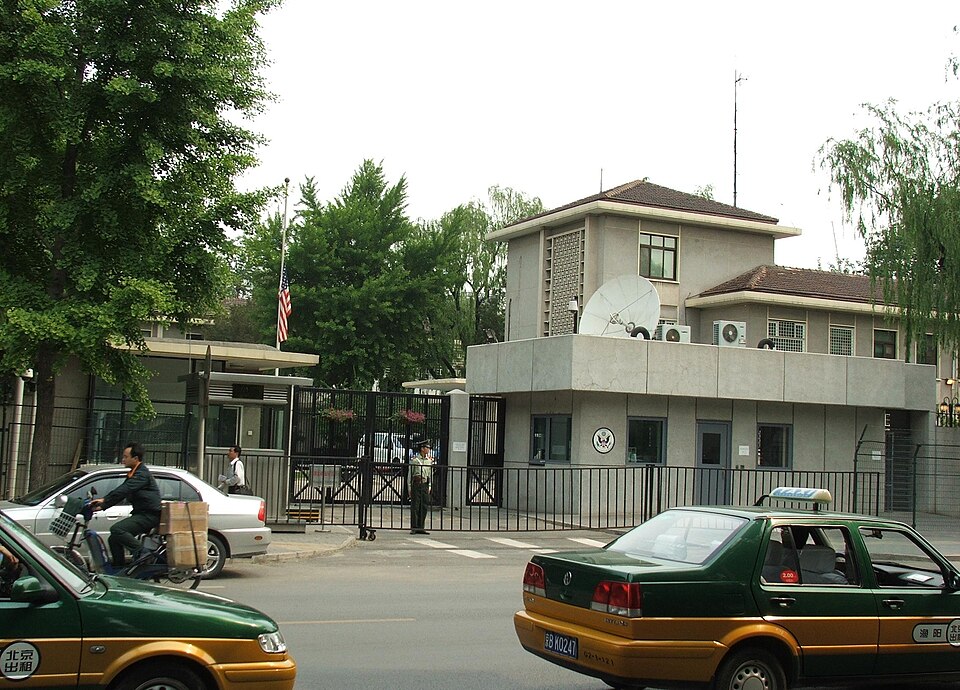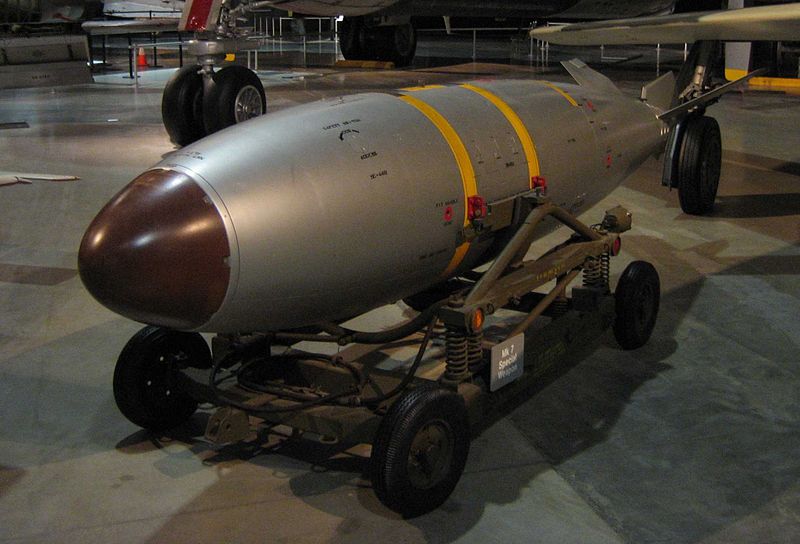
North Korea has criticized China, Japan, and South Korea for discussing the denuclearization of the Korean Peninsula, labeling their joint declaration after a summit in
Seoul as a "grave political provocation" that infringes on its sovereignty.
Beijing and Pyongyang's Diverging Views
North Korea's recent rebuke of China underscores lingering disagreements between the two nations regarding Pyongyang's nuclear arsenal, despite their warming relations in other areas, according to analysts and officials in South Korea.
While Beijing helped moderate the declaration by advocating for a general reference to the peninsula rather than specifically targeting North Korea, this was still enough to provoke Pyongyang. Patricia Kim from the Brookings Institution noted the significance of North Korea's criticism, despite China's effort to dilute the statement.
Summit Statement and North Korea's Stance
The joint declaration by China, Japan, and South Korea reiterated their commitment to regional peace, stability, and the denuclearization of the Korean Peninsula. However, unlike previous statements from 2019 and earlier, it did not explicitly commit to pursuing denuclearization.
Since the breakdown of international talks with the United States and other nations in 2019, North Korea has steadfastly rejected the idea of relinquishing its nuclear weapons. Tong Zhao, a nuclear expert at the Carnegie Endowment for International Peace, emphasized that North Korea is now demanding formal international recognition as a nuclear-armed state.
China's Response and Summit Dynamics
When questioned about North Korea's criticism, Chinese foreign ministry spokesperson Mao Ning reiterated China's unchanged position on the Korean Peninsula issue but did not mention denuclearization.
A South Korean foreign ministry official highlighted significant differences among the three countries regarding North Korea, noting that China has avoided using the term "denuclearization" since last year. Despite these differences, the official stressed that China's fundamental stance on denuclearization remains unchanged, and the term's inclusion in the declaration is still meaningful.
Implications for North Korea-China Relations
China remains North Korea's only military ally and largest trading partner. Researcher Rachel Minyoung Lee suggested that North Korea's failed spy satellite launch shortly after the Seoul summit was a calculated message to China, indicating cooling relations.
This public criticism marks the first overt sign of trouble in China-North Korea relations in recent years. Patricia Kim from Brookings concurred, noting that despite official exchanges and China's protection of North Korea from international pressure, deep-seated mutual suspicion limits their alignment.
With strengthened ties to Russia, Pyongyang may feel it has more leverage in its relationship with China and can afford to be less deferential. Washington-based analyst Zhao noted that China is wary of North Korea's growing military cooperation with Russia, which could undermine Beijing's influence on Pyongyang.
While the spat does not necessarily indicate a major rift, Zhao observed that the China-North Korea relationship is gradually moving towards greater cooperation, albeit at a cautious pace. Photo by [[:en:User:{{{1}}}|{{{1}}}]] at the English-language Wikipedia.

